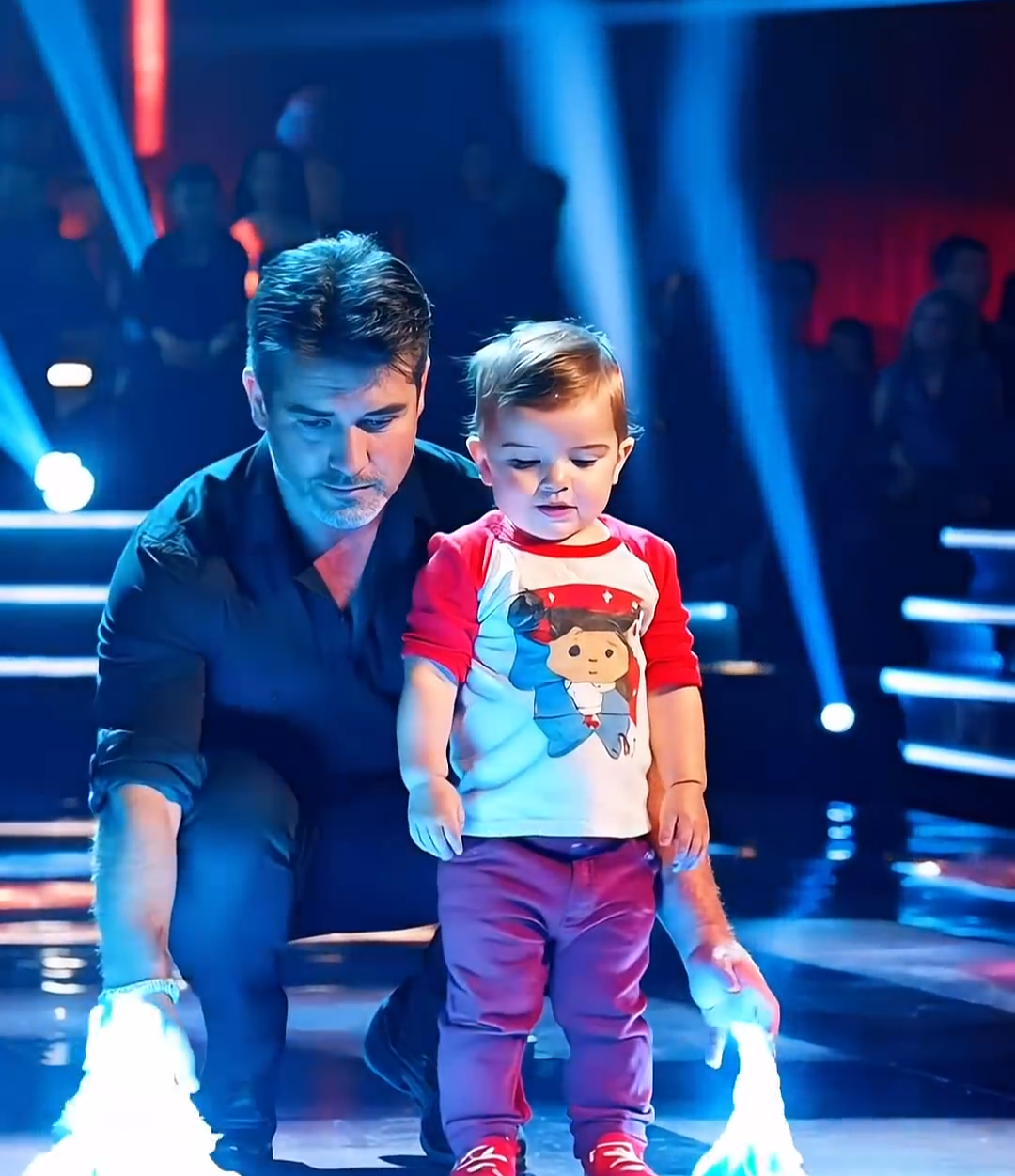The polished mahogany conference table shimmered beneath the crystal chandelier as I sat stiffly in the leather chair, hands folded tightly to conceal their trembling. Opposite me, my younger brother Sebastian reclined with the ease of someone who never questioned his place in the world, while our father’s lawyer sifted through paperwork with the practiced air of someone accustomed to managing complex family wealth transitions.
At twenty-eight, I had spent my adult life convinced that my academic achievements, career progress, and steadfast loyalty to the family would secure my rightful place in the family’s legacy. As the eldest son of the Morrison family, I believed my dedication to the business and prudent handling of family affairs would be recognized and rewarded when the time came to pass the torch.
My name is Alexander Morrison, and on that overcast November afternoon, I uncovered a betrayal so complete that it shattered my understanding of loyalty, love, and the conditions attached to family acceptance—after a decade of sacrifice and devotion.
A Legacy Built on Sacrifice
The Morrison family fortune was built over three generations through savvy real estate investments and property management. My grandfather had started with a single apartment building in the 1950s and expanded steadily into commercial properties that laid the foundation for substantial wealth. By the time my father took over, the family portfolio included office towers, shopping centers, and residential developments across the region.
As the oldest son, I was raised with the expectation that I would one day lead the family empire. While other children my age enjoyed summer camps and hobbies, I was immersed in the family business—learning everything from maintenance and leasing to financial management.
My education was meticulously planned to prepare me for this role. I earned a bachelor’s in business administration followed by an MBA focused on real estate finance. Every internship, every course, every career move was designed to serve the family business and uphold the Morrison legacy.
Sebastian, four years my junior, was allowed far more freedom. He pursued liberal arts, traveled extensively during breaks, and showed little interest in business. Our parents seemed proud of his artistic path, seeing his cultural interests as sophistication rather than a lack of ambition.
The roles were clear: I was the responsible heir, groomed to carry the family legacy forward. Sebastian was the free spirit, the charming creative who brought joy to family gatherings. I accepted this dynamic as natural and fitting given our differences.
Years of Commitment
After completing my MBA, I joined the family business as Associate Director of Development, working closely with my father on new projects and managing existing properties. The job demanded long hours, weekend site visits, and constant readiness for emergencies.
While my peers built independent careers and social networks, I dedicated myself wholly to the family business. I declined lucrative offers from outside firms and shelved personal ambitions, confident my future lay with Morrison family success.
My compensation was modest, reflecting the understanding that my real reward would come through ownership and profit sharing as I assumed more leadership.
This focus left little room for personal life. Relationships faltered under the weight of my schedule and priorities. I lived simply, saved diligently, always mindful that my sacrifices were investments in the future.
Meanwhile, Sebastian pursued graduate studies in art history, spent a year in Italy, and launched a freelance art consulting career—earning little but gaining personal fulfillment. Our parents enthusiastically supported his pursuits, funding his travels and celebrating his achievements in the art world.
Though the disparity troubled me at times, I justified it as temporary—my sacrifices would be rewarded, and Sebastian would eventually face more practical family responsibilities.
Growing Doubts
As years passed and my father postponed any succession talks, I grew anxious. Attempts to discuss future leadership were met with vague reassurances and suggestions to focus on present duties.
Uncertainty gnawed at me. I had built my life around the expectation of inheriting the family business, but with no formal plans or commitments, my future felt precarious.
Worse, Sebastian was increasingly included in family financial conversations despite his lack of formal role or business interest. Family dinners often centered on his artistic projects, with our parents expressing pride in his cultural connections and successes.
When I raised concerns, my parents dismissed them, suggesting I was impatient and entitled rather than legitimately worried. They seemed to expect my dedication as a given while celebrating Sebastian’s independence and creativity.
The emotional toll was heavy but hidden behind professionalism. I continued my work, but doubt and disappointment grew.
The Meeting That Changed Everything
The call from the family attorney, requesting a meeting about “important financial matters,” felt like the succession discussion I’d long awaited. The formal setting and serious tone suggested clarity about my future role.
I arrived with prepared questions on leadership transition, ownership transfer, and legal frameworks to secure business continuity and recognize my service.
Sebastian’s presence surprised me, but I assumed the meeting would define roles for both of us.
The atmosphere was calm as the lawyer reviewed documents outlining the Morrison family’s assets and operations. I expected to hear plans for the future.
The Shocking Truth
Then came the moment that altered everything—the attorney revealed the “recently updated Morrison family trust.”
A trust wasn’t unexpected; wealthy families use them for estate management.
But the trust’s contents stunned me: the entire family business, properties, and investment portfolio were designated solely to Sebastian upon our father’s retirement or death.
The language was unequivocal. Sebastian was the exclusive beneficiary with full control over all assets and business decisions. I was only mentioned as an employee, subject to Sebastian’s discretion.
My first reaction was disbelief. There must be some mistake, missing pages, or misunderstanding. I asked for clarification, expecting provisions that reflected my years of loyalty and leadership.




